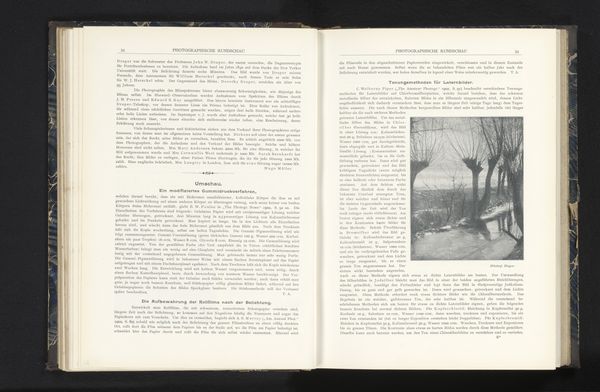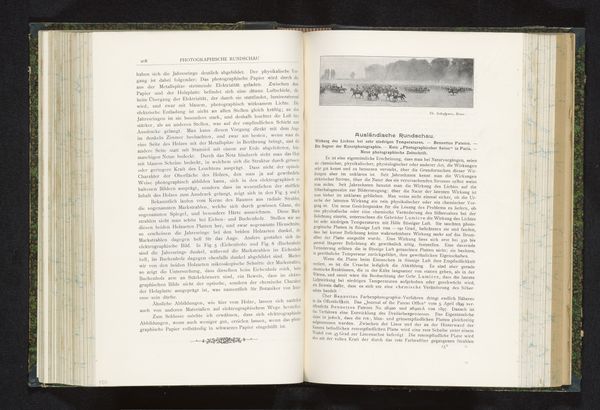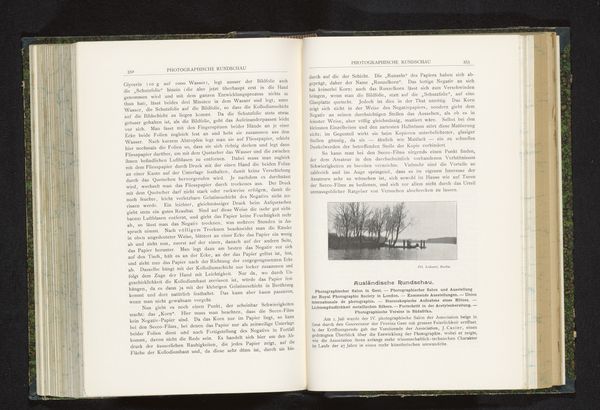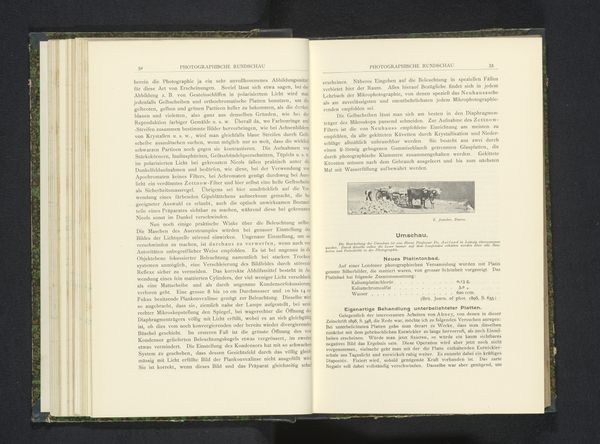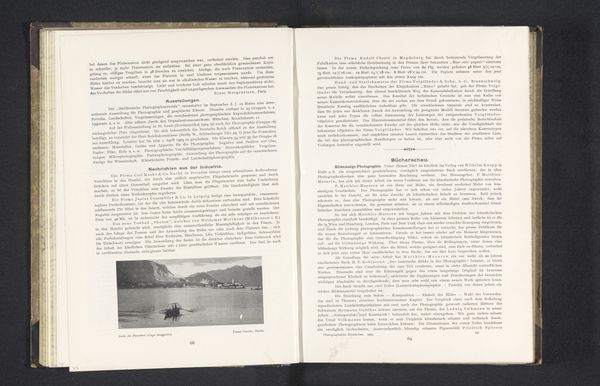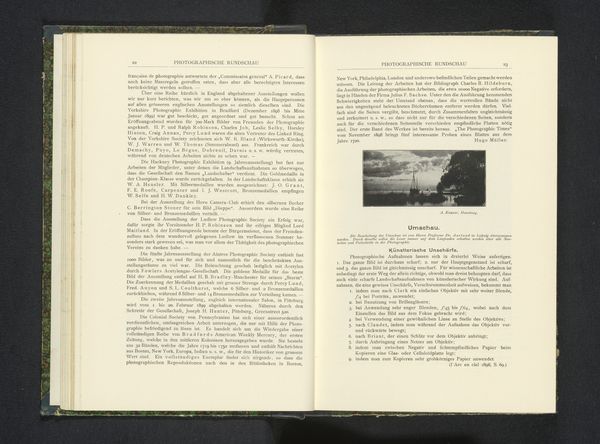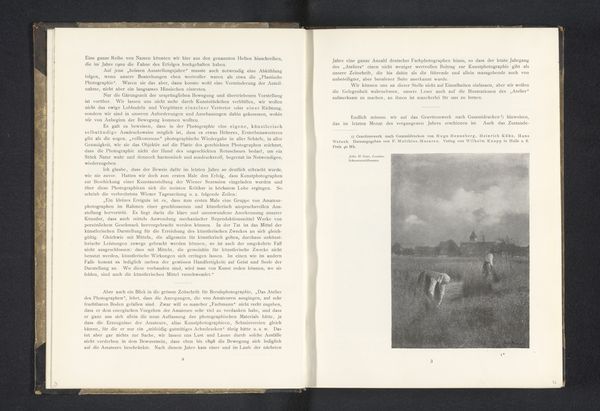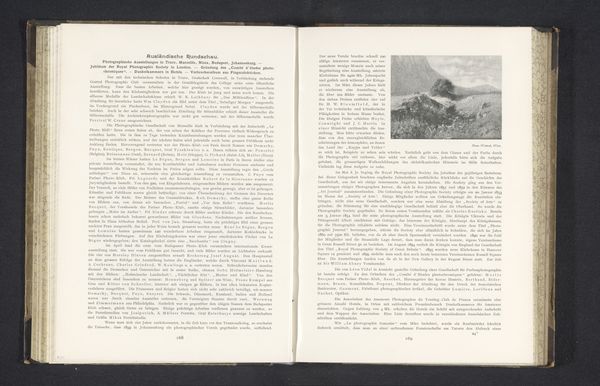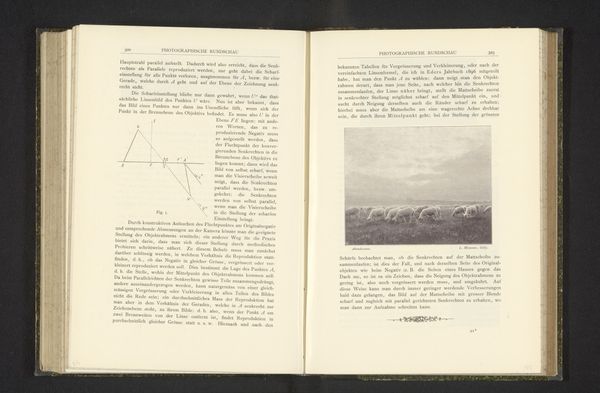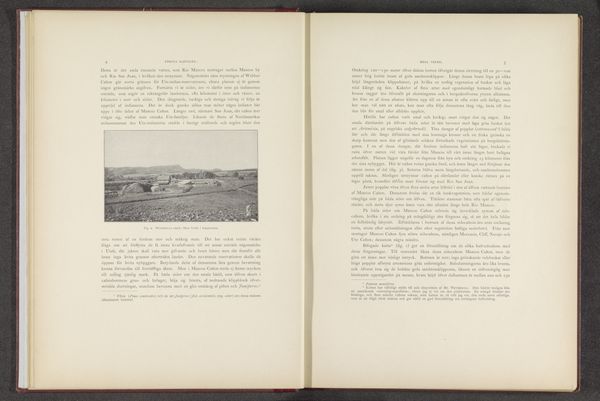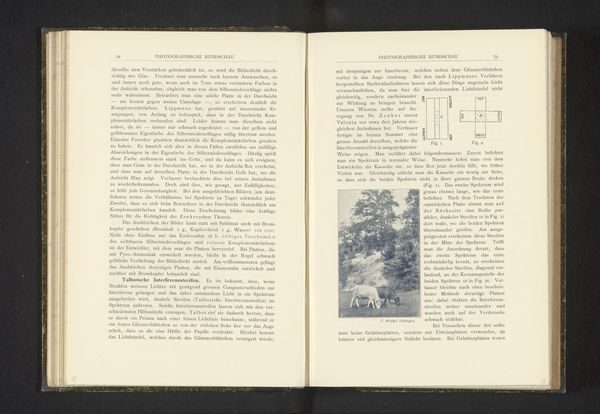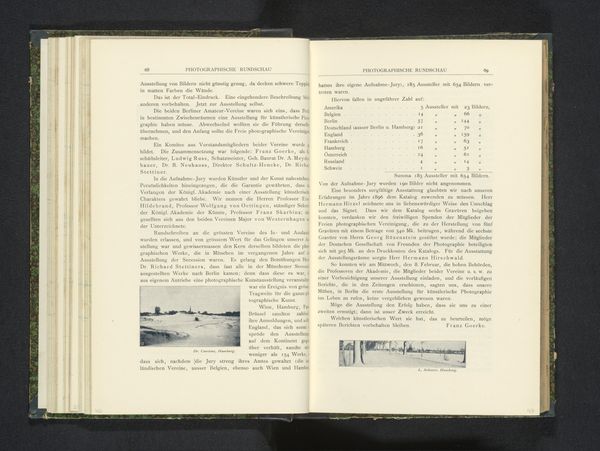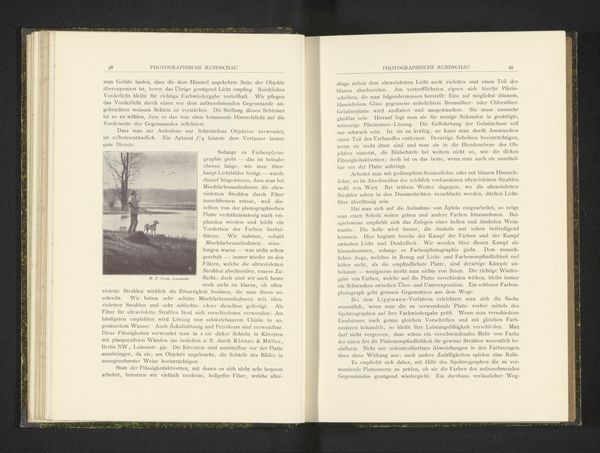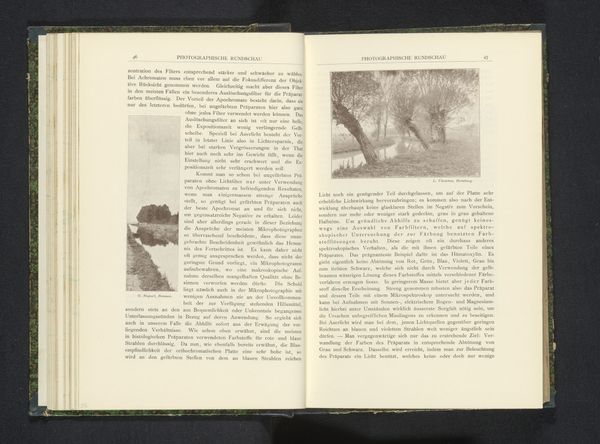
print, photography
# print
#
landscape
#
photography
Dimensions: height 63 mm, width 89 mm
Copyright: Rijks Museum: Open Domain
Curator: This image, titled "Gezicht op een drassig landschap," before 1902, captured by H. Vonachten, using print photography, certainly evokes a specific era in image-making. It feels remarkably serene, almost untouched. The horizon line is so low, allowing the landscape to appear very expansive. What draws your eye when you first see it? Editor: I'm really drawn to how indistinct it is – almost dreamlike. The way the reflection in the water blends seamlessly with the land makes me question what I am looking at. Is it trying to say something? Curator: I think so. Its pre-1902 dating means we must consider this work within a period of intense shifts in photographic technology and aesthetic concerns, where art started engaging deeply with industrial development, challenging notions of reality, and of what it means to create art at all. It presents us with a gaze trained upon marshy lands. It is also contained *within* a book, likely of technical instruction. Do you see this detail as reinforcing some meaning about Vonachten's photo? Editor: Well, it kind of does… Knowing it's a landscape *within* an instruction book about photography makes me wonder if it's a political statement, of sorts, questioning what value should be placed upon the technical progress occurring at the time? The "artistic landscape" may not actually exist at all. Curator: Precisely! It prompts the viewer to analyze the landscape and its reflection as mediated by the photographer's lens and also filtered via the printed page and technical instructions. The composition, especially that ambiguous waterline, raises questions about humanity's impact and imposed perception on our surroundings. How does this impact you as a budding art historian? Editor: I guess it encourages me to look beyond the immediate aesthetics and consider the societal and theoretical implications embedded within seemingly simple landscapes, which is useful to question. Thank you. Curator: Absolutely. It’s in this constant questioning where understanding truly lies.
Comments
No comments
Be the first to comment and join the conversation on the ultimate creative platform.
